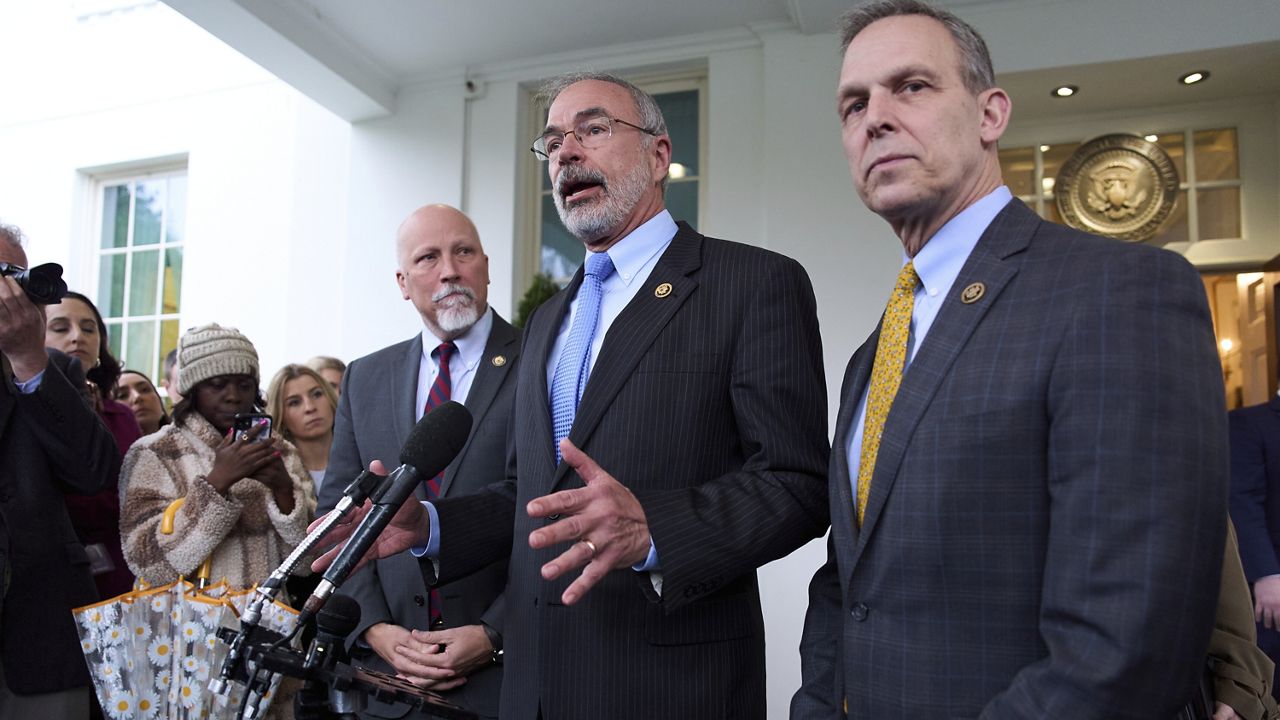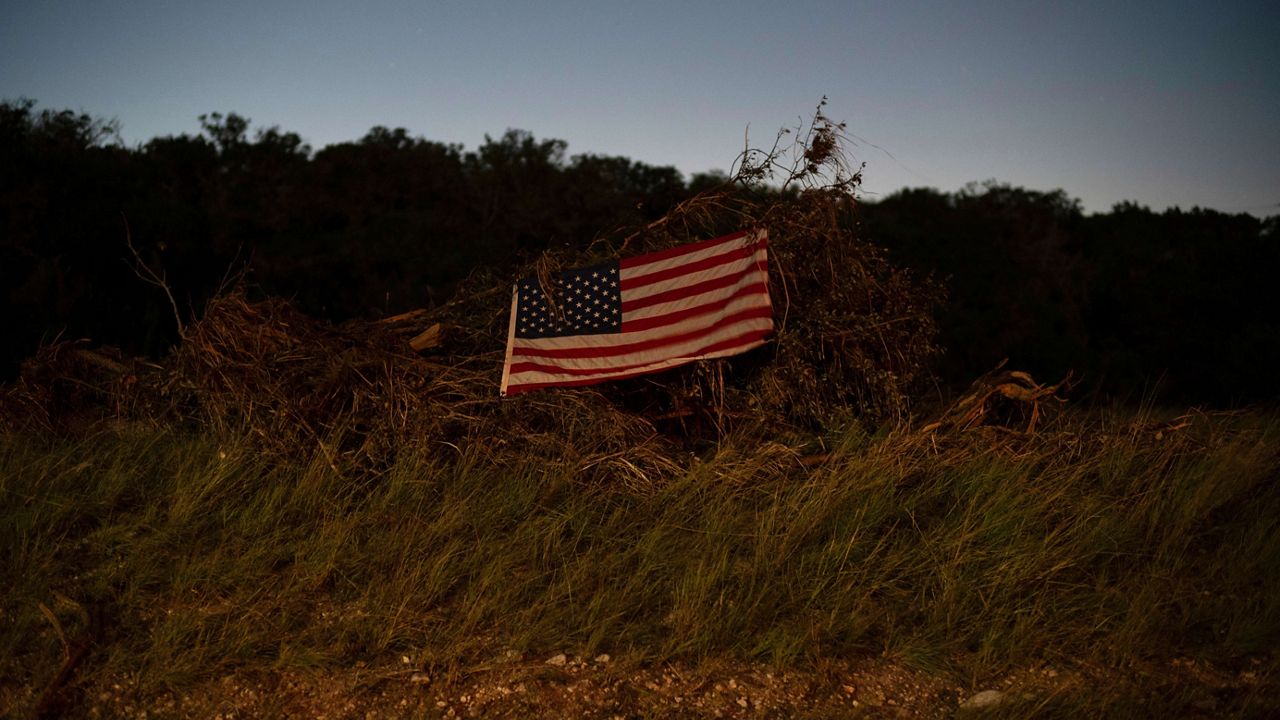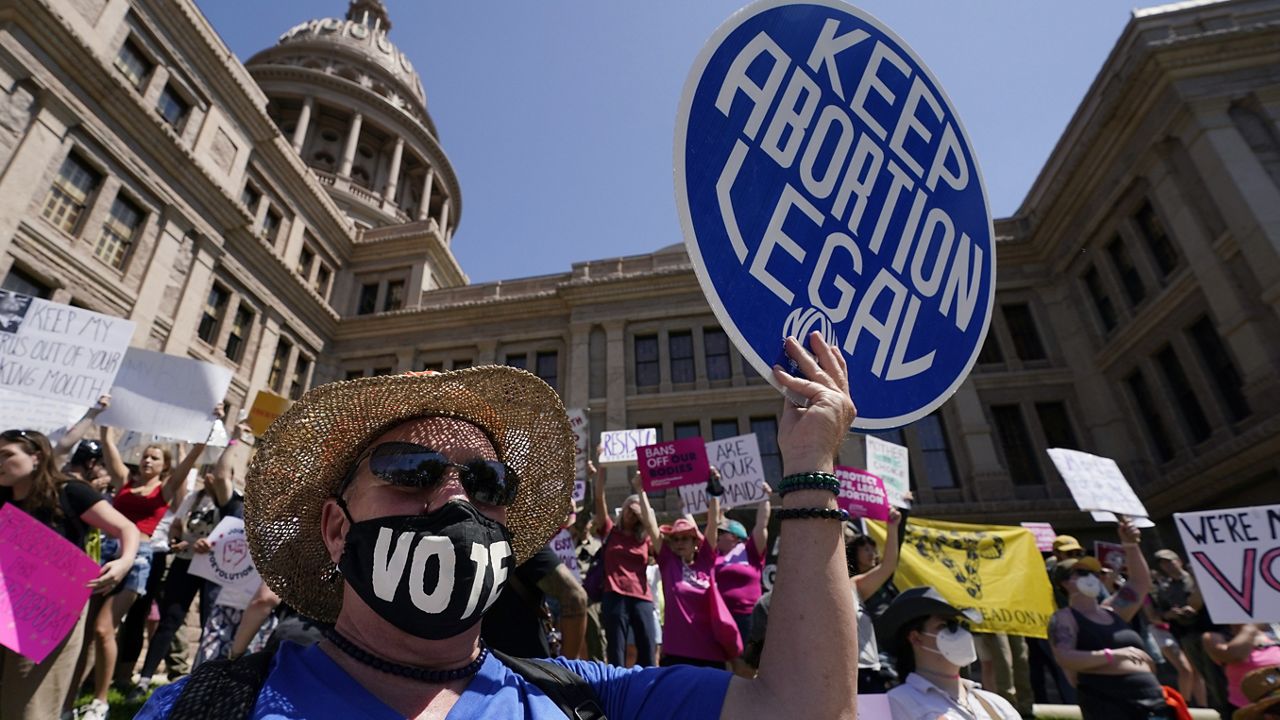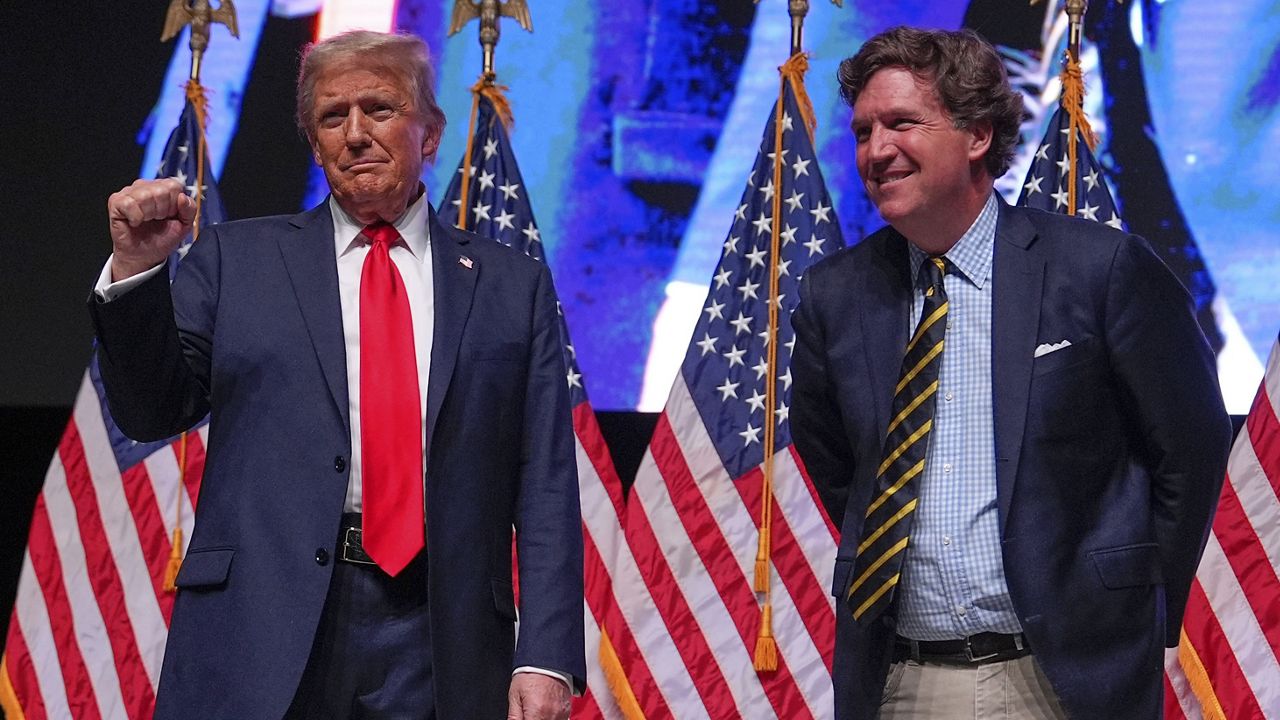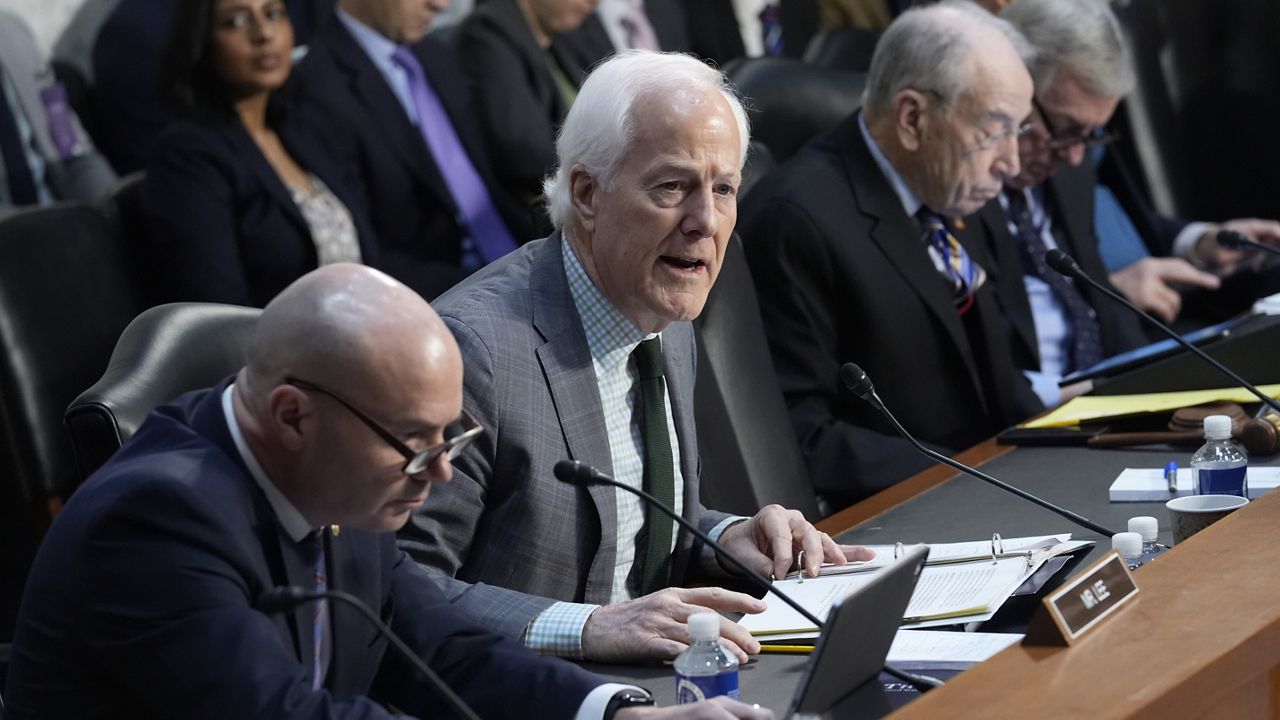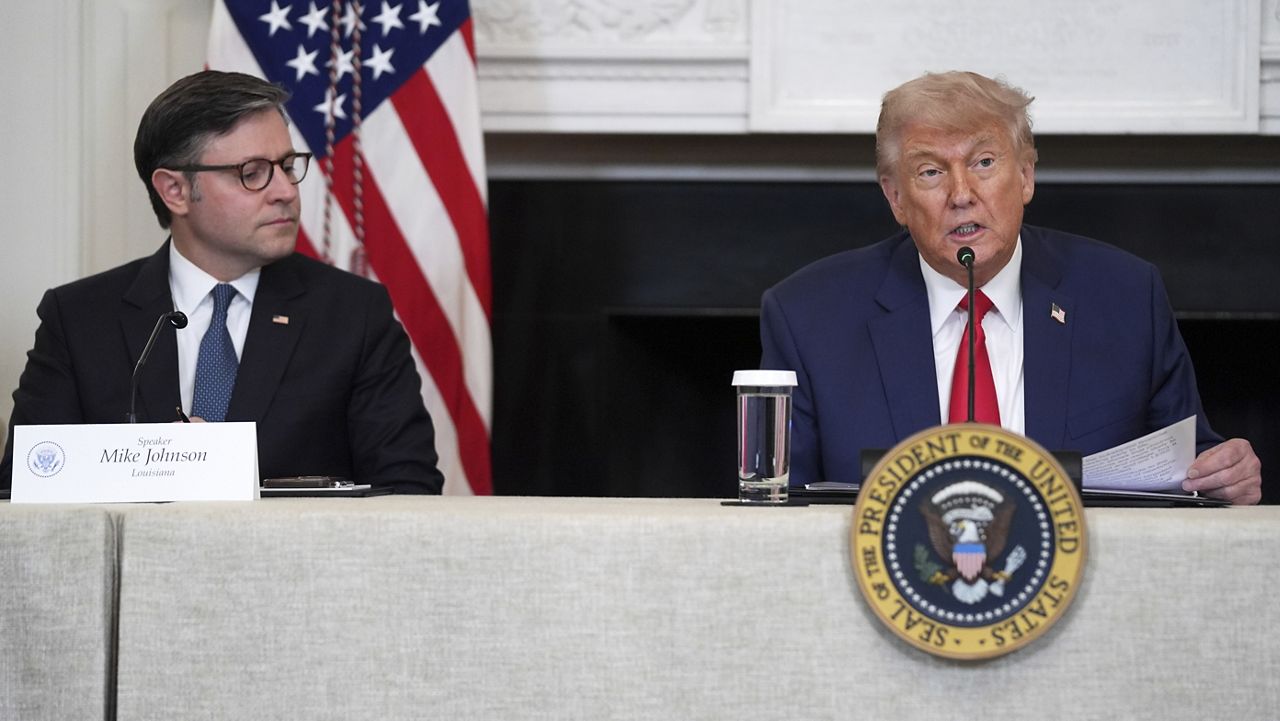WASHINGTON — In a stunning reversal of a decades-old policy, Texas will no longer offer undocumented immigrants who live in the state the same discount on college tuition provided to other in-state students. The decision may trigger legal challenges, but also convince other Republican-led states to do the same.
Houston native Pedro Villalobos is a licensed criminal defense attorney in Central Texas. The 34-year-old said his education was made possible because of reduced in-state tuition at the University of Texas at Austin.
“Without in-state tuition, I would not be the professional that I am today,” Villalobos told Spectrum News.
Villalobos was an undocumented immigrant who entered the U.S. from Mexico when he was 3 years old. He remained in Texas under the Deferred Action for Childhood Arrivals program (DACA) which former President Barack Obama created to allow young undocumented immigrants to live and work in the U.S. without fear of deportation.
“Many of us graduated from Texas public schools, from Texas high schools, have been contributing members of the cities, towns and communities that we live in,” Villalobos said.
“If we want to make sure that we are training and educating the next generation, we want to make sure that they have access to the very public schools that we have already been attending all along. So, this isn’t a matter of, we’re getting a special privilege,” he continued.
This week, Republican Gov. Greg Abbott allowed a policy to end that charged undocumented immigrants the same low tuition charged to other Texas residents who attend public colleges and universities in the state. In a short statement on social media, Abbot wrote, “In-state tuition for illegal immigrants in Texas has ended.”
The policy was canceled after President Donald Trump’s Justice Department sued, arguing it was unconstitutional. U.S. Attorney General Pam Bondi said in a statement, “Under federal law, schools cannot provide benefits to illegal aliens that they do not provide to U.S. citizens.”
Texas Attorney General Ken Paxton sided with the Trump administration, instead of challenging the lawsuit.
“Ending this discriminatory and un-American provision is a major victory for Texas,” Paxton said in a statement.
Some Texas Democrats were outraged. U.S. Rep. Lloyd Doggett, D-Austin, said he hopes that there will be legal challenges to Texas’ reversal. The state of Texas and the Trump administration’s agreement comes just days after the state legislative session ended, and Republicans could not advance a bill repealing the longtime law.
“What this is, is a backroom deal between Abbott and Trump to do what the Texas legislature refused to do, and that is to deny these Texas residents who pay taxes, the right to get an education,” Doggett told Spectrum News. “I’m strongly opposed, and I hope there will be further challenges.”
There are 57,000 undocumented students enrolled in Texas’ public colleges and universities, according to the Presidents’ Alliance on Higher Education and Immigration, a nonpartisan, nonprofit group of university leaders and campus stakeholders focused on immigration.
Villalobos, who now is a lawful permanent resident, said he hopes in-state tuition will be put back in place for undocumented students.
“What Texas has done is we have pulled the rug for many of our students who are seeking to become our engineers, our doctors, our lawyers,” Villalobos said.
“I hope that also that our high school students who are going to become college students, and our college students who are currently in the midst of this, don’t lose hope. They stay in the fight,” he continued.
Republican Gov. Rick Perry, who was President Trump’s former energy secretary, signed the bill allowing in-state tuition for undocumented students in 2001.
At the time, it was historic, and there was sweeping bipartisan support. But ever since, that law has been under fire and the recent Texas Republican actions may now encourage conservatives to challenge similar laws in many other states.


